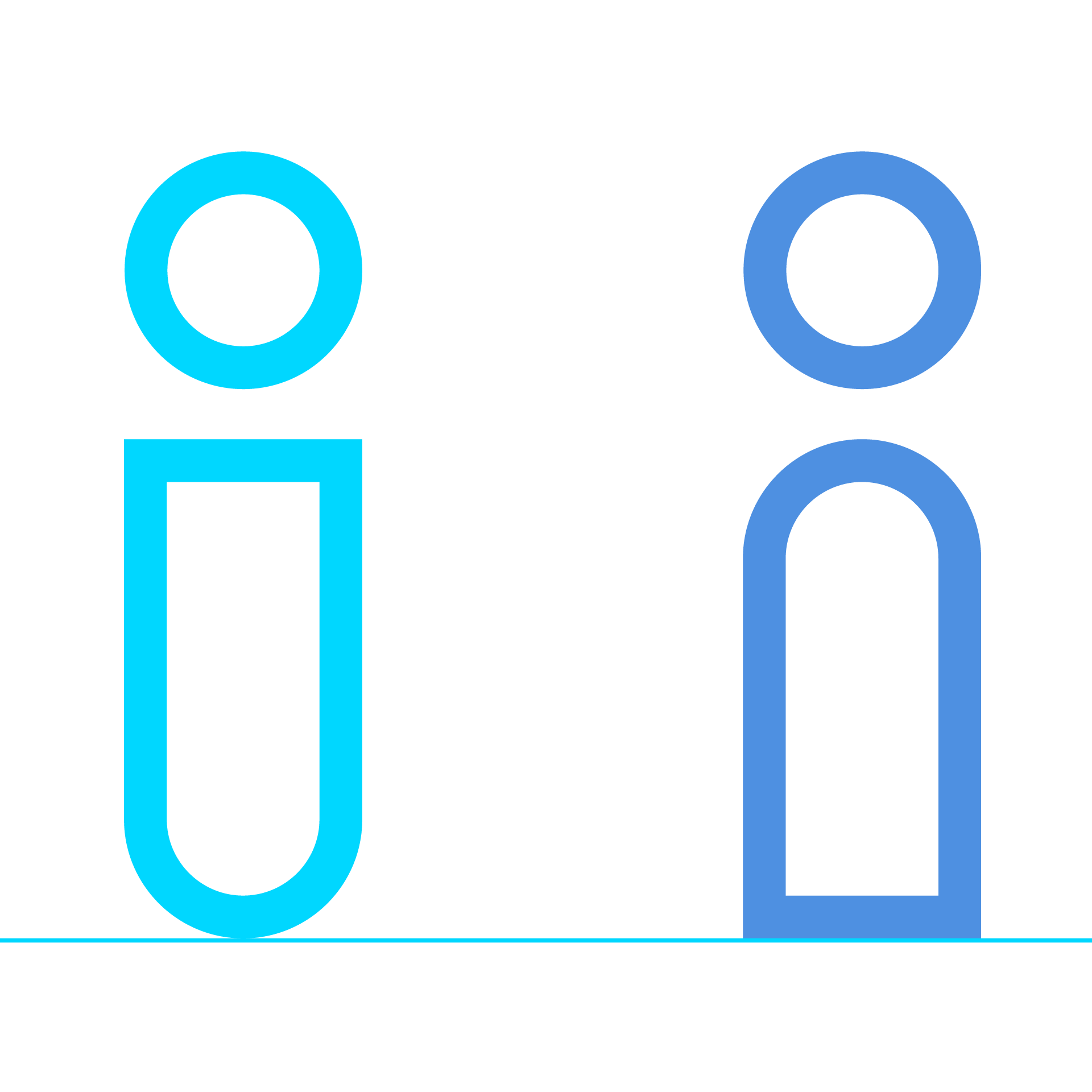Generation Z is rapidly reshaping the Australian workforce. As digital natives, they bring fresh perspectives and a unique set of expectations that demand a tailored approach from employers. By 2030, Gen Z and Millennials are projected to constitute 74% of the global workforce, making a strategic focus on this demographic a critical business imperative for Australian organisations.
The ability to understand and effectively engage this talent pool is essential for future employability and maintaining market leadership in a competitive talent landscape.
understanding gen z: beyond the assumptions
To truly connect with Gen Z in Australia, we must look past common assumptions and delve into their core motivations:
-
the "trifecta" of happiness:
While a competitive salary is a primary motivator, often seen as a means to afford desired experiences or manage cost of living, it's part of a broader "trifecta" that includes a search for meaning and well-being. According to research conducted by McKinsey and Company financial insecurity is a pervasive concern for this generation, with nearly half (48%) reporting they don't feel financially secure and over half living paycheck to paycheck.
-
learning & growth obsessed:
Gen Z is highly ambitious, with learning and development ranking among their top three reasons for choosing an employer. A Deloitte research into GenZ showed a significant 70% are actively developing skills weekly, and they crave mentorship and on-the-job learning.
-
demand for flexibility:
In Australia, digital platform workers, a segment heavily populated by Gen Z (17.9% aged 15-24, 30.2% aged 25-34), are drawn to flexible, accessible work and supplementary income. This highlights a strong preference for adaptable work arrangements.
-
digital natives with high expectations:
Having grown up with the internet and social media, Gen Z expects seamless digital experiences, akin to platforms like Amazon. They prefer visuals, short videos, and prominent salary information over text-heavy web pages.
top tips for attracting gen z talent to your organisation.
Recruiting Gen Z in Australia requires a fundamental shift in strategy and approach:
-
1. go where they are: social media is key
Gen Z primarily uses social media platforms like TikTok, Snapchat, and Instagram for job searches. This is where your recruitment efforts need to be focused to engage them before competitors relying on traditional job boards.
-
2. embrace video and visuals
Ditch the text-heavy job descriptions. Gen Z prefers short, engaging videos and visuals with prominent salary information. Content should be entertaining yet informative, offering CV tips, career guidance, and job exploration.
-
3. optimize for mobile-first & direct messaging
Their expectation for seamless digital experiences means your entire candidate journey, from discovery to application, must be mobile-optimised. Explore direct messaging channels, which have shown promising results in early experiments in other markets. Phone calls are largely ineffective for this generation.
-
4. connect skills to success
Campaigns that link their skills directly to potential earnings and desired lifestyles, resonate strongly. Help them understand how their abilities translate into tangible outcomes.
top tips for retaining gen z
Once you've attracted Gen Z, keeping them engaged and loyal requires a holistic approach that addresses their unique needs:
-
1. offer competitive compensation & security
Given their financial insecurity, a good salary and the option of a permanent contract are paramount. Ensure compensation is clearly communicated.
-
2. foster a culture of continuous learning
Provide dedicated in-house learning programs, offer financial support for external courses, and facilitate 1:1 mentorship. This addresses their strong desire for continuous skill development.
-
3. champion purpose and values
Gen Z seeks meaningful work, according to Deloitte 89% consider purpose important for job satisfaction. Clearly define your organisation's purpose and demonstrate how roles contribute to it. Authenticity is key; they will notice if actions don't align with stated values.
-
4. prioritise well-being and supportive leadership
Address workplace stressors like long hours and lack of recognition. Train your managers to provide guidance, set boundaries for work/life balance, and foster a positive, inclusive culture.
-
5. be transparent about AI
While Gen Z is optimistic about AI, they have significant concerns about job displacement. Clearly communicate AI's role in job transformation and offer training in both technical AI skills and crucial soft skills like empathy and leadership.
-
6. embrace flexibility
Adapt job offerings to include more flexible, part-time, or project-based roles.
By proactively adapting our strategies to meet the evolving expectations of Gen Z, Australian organisations can build stronger, more resilient workforces and secure a competitive advantage in the talent landscape of tomorrow.




